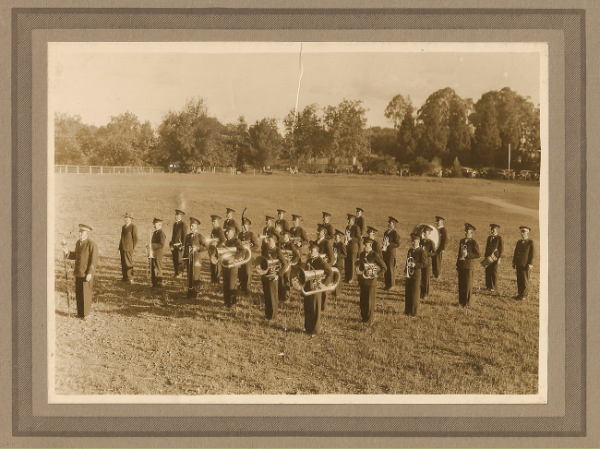
Originally published October 30, 2010 on Sound Education Blog.
Performing, listening to, and enjoying great music are their own rewards. But most people recognize that there are many additional life lessons learned while studying music. We discussed these lessons in a 2010 #MusEdChat collaborative session on Twitter. This series of blog posts contains my reflections on that discourse. Thank you to those who participated in the conversation, many of whom I have quoted below.
Life Lesson #1: Work Ethic / Discipline
Music is a very interesting thing. Its ability to draw emotion from deep within us, create excitement, and bring inspiration all appeal to our right brain – both as listeners and performers. But music is also incredibly left brain in nature. It is ordered, regimented, and disciplined. This duel nature is, I believe, what makes music such a strong force for cognitive growth. We engage our whole brain in actively listening to music, and more so in actively performing it.
There is discipline and structure in the composition of music and in it’s study, perfecting, and performance. Neglecting structure on the composition side generally produces an undesirable product. Neglecting discipline in its performance also creates disastrous results.
It is in our practice time that we develop the work ethic necessary to consistently produce disciplined performances.
From #MusEdChat:
@MinorMusic: practice establishes a sense discipline and routine.
@LindsayBrazell: Music teaches you how to enjoy a process.
Creating music requires a great deal of focus on many things simultaneously: pitch and rhythm reading and interpretation, fine motor skills, listening, etc. Aristotle said, “We are what we repeatedly do. Excellence, therefore, is not an act, but a habit.” Undisciplined rehearsals yield undisciplined performances. Practice lacking in disciplined fundamentals yields poor musicianship. We are what we do.
@byperc: With everything in life, practice like you perform. Never do anything half way…
@MinorMusic: Practice makes perfect.
The lesson learned by music students is that in order to attain excellence in music (and by transference, excellence in any aspect of life), you must develop a routine of focused attention to the fundamentals of your craft. We all know people who make a habit of getting by on the least amount of work; for whom excellence is seldom, if ever, achieved. Music has a higher standard. Audiences do not accept performances with only 70% accuracy, for example. We must realize excellence every time.
@CondensedScore: In practicing to perfect our parts, we develop a strong work ethic, attention to detail, and the ability to concentrate.
@teaching_music: In an era where doing many things 2 the minimum is valued, music teaches importance of seeking excellence.
Music students are often high achievers academically. They have the personal discipline and focus needed to study for long periods of time. The work ethic developed during personal practice, lessons, and rehearsals becomes a part of their character. And this strength of character brings successes in every future challenge they engage in.
This is part 1 of a 12 part series.


